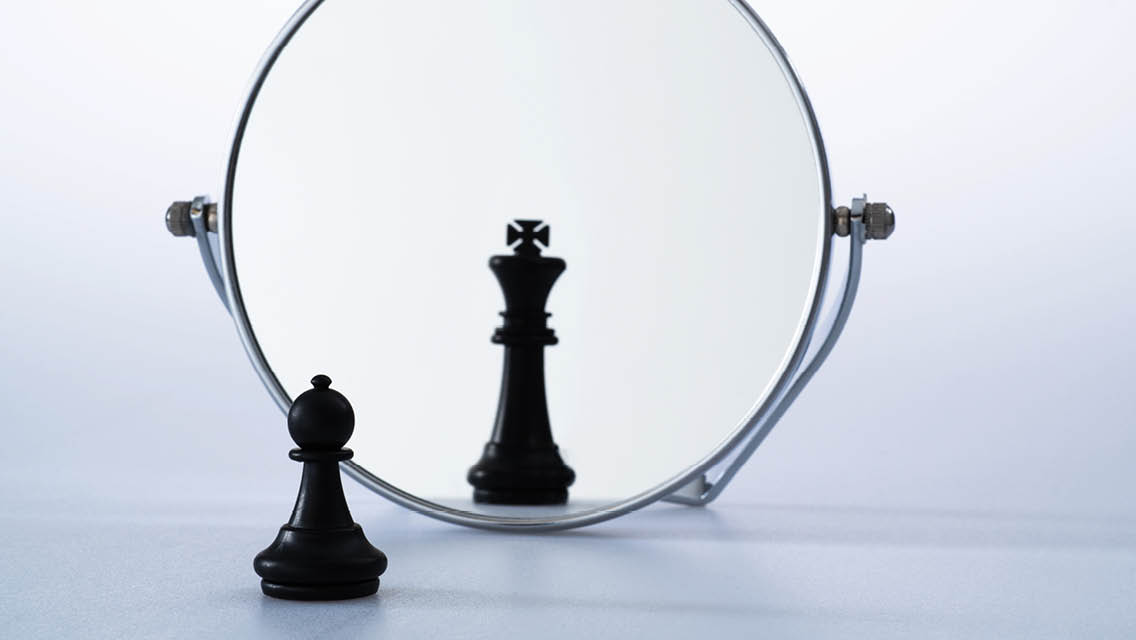Perhaps you’ve been feeling unsteady about a certain friendship. You’re stressed about seeing the person, nervous when you’re together — and once you say goodbye, you feel exhausted. Still, whenever they call, you feel like you have to pick up the phone. After all, relationships take work, right?
If this dynamic sounds familiar, you may be involved in a toxic friendship. Nicole Sbordone, LCSW, author of Surviving Female Friendships: The Good, the Bad, and the Ugly, defines it as an unhealthy relationship that can include jealousy, a lack of trust, imbalanced levels of commitment, and manipulation.
There are three questions to ask yourself to determine if your friendship is unhealthy, says marriage and family therapist Janay Holland, MFT, PhD:
- Do you feel trapped in or obligated to this friendship, as if there is no healthy way to end it?
- Do you feel mentally or emotionally drained after you spend time with the person?
- Do you find yourself making excuses not to spend time with them?
The answers to these questions may indicate that the dynamic in your relationship is affecting your daily life, Holland explains. “In that kind of friendship, you pour into it, but it doesn’t pour back into you. You put in a lot of energy, time, space, and love, but when you spend time with this person, your glass is completely empty.”
Even with clear definitions like these, it can be hard to recognize when you’re involved in a toxic friendship, and even harder to change it.
This holds true especially for introverts who may have a tendency to get steamrolled by others. “We like having an extroverted person in our life who will stand up for us,” Holland says. “They may treat us really bad, but they don’t let others treat us badly.”
“[Introverts] like having an extroverted person in our life who will stand up for us. They may treat us really bad, but they don’t let others treat us badly.”
That kind of locked-in relationship is sometimes called “hostile dependence,” notes psychotherapist Kathryn Ford, MD. “We need contact with other people so much that if we can’t get positive contact, we will settle for negative contact.”
The word “toxic” implies a situation is poisoned, fatally flawed, or without cure. But there is hope in some cases. If you address the issue, it’s possible that a relationship can be steered back on course in time.
Ford suggests taking a more nuanced, less binary view: There’s a continuum of positive and negative experiences, and sometimes a friendship can be nudged back onto the positive side of that line.
One caveat: Sometimes a relationship that’s too consistently toxic can’t (or shouldn’t) be saved — especially if there’s any kind of abuse involved. Still, these steps can help repair a friendship that has developed unhealthy patterns.
Talk to the Person
“There’s no replacing the heart-to-heart talk,” Ford says. For such a conversation, she often recommends that her clients look for what she calls “the grain of truth.”
Say a friend comes to you and shares, “Lately I feel a sense of competition between us, and I’d like to figure out where it’s coming from.” Rather than immediately pushing back, she suggests, notice your reaction. Then, find something true in the comment.
It might not be true in exactly the way they’re expressing it, Ford notes. “But ask yourself, ‘What could be true about this?’ Take what your friend says and work with it.” Perhaps you’re not actually competitive, but lately you’ve been envious. Maybe they have a great partner, and you don’t, or they have a wonderful job, and you don’t.
When you respond, be honest about your feelings and your part in the dynamic. “Most experiences between two people are cocreated,” Ford says. “You each have a role in it.”
You can also think of this conversation as a way of checking in on the status of your friendship. If a friend comes to you to talk through an aspect of your relationship, that’s a positive sign — they want the friendship to work, and they’re willing to be open with you to make that happen. If you initiate the talk, it’s the same sign of goodwill. Win-win.
Reset Smart Boundaries
Holland advises her clients to create realistic boundaries. “If you have been enmeshed in this friendship for 10 or 20 years, asking you just to cut the person off is unrealistic. That’s not fair to you and not fair to them.”
She suggests considering this type of thinking: Instead of showing up for them seven days a week, I’m going to show up on those three days that I really have that energy.
Creating boundaries is important to make you feel that you’re in control of yourself and your time again, and that you’re a partner in this friendship — not just the person getting dumped on all the time.
Creating boundaries is important to make you feel that you’re in control of yourself and your time again, and that you’re a partner in this friendship — not just the person getting dumped on all the time. You may experience guilt trips or even cruel behavior from the other person, Holland warns, adding, “That’s when we remind ourselves of our boundaries,” as well as what inspired you to set them.
And remain strong. “In order to get this toxic friendship back to a healthy place, we have to be consistent with the boundaries that we set,” she advises.
Part of setting smart boundaries is learning how to say no. It’s one of the hardest things for people entangled in an unhealthy friendship — especially if you’re someone who rarely says no to anyone. But it’s also the most important, because it can help you safeguard your emotional well-being. (For more on learning how to set boundaries, see “How to Set Clear Boundaries“.)
Go to Counseling — Individually or Together
If you’re absolutely unsure what to do about the friendship, you may want to see a professional for clarity and a neutral perspective. You may even want to go to counseling together.
Once viewed as an option for only individuals and partnered relationships, therapy has entered the realm of normalcy in just about any configuration. Holland has helped friends, in-laws, and even a pair of police officers who worked side by side find their way into more harmonious relationships.
“It’s OK to give a person a chance to do better,” Holland says, “and it’s OK not to know how.” Getting professional support could help you find that opportunity to mend a strained relationship.
Seek Alternatives
If despite these efforts you still can’t make it work, consider other ways this relationship could fit into your life. Can you change the dynamics by backing off a bit? Not all friendships need to be of the daily-contact sort.
Perhaps you could put more time between chats or get-togethers and make it more of a second- or third-tier friendship instead of a primary one. Sometimes that can reduce some of the pressure.
But if you’ve tried everything and the friendship still leaves you stressed out or feeling manipulated, it may be time to disconnect. If this is the case, Sbordone says, talk to the person, “and if you’re the one ending it, be honest about that.”
In as kind a way as possible, explain why you’re ending the friendship. Thank them for the time you’ve spent together. And don’t ghost the person — Ford, Holland, and Sbordone all agree — unless you feel threatened.
In as kind a way as possible, explain why you’re ending the friendship. Thank them for the time you’ve spent together. And don’t ghost the person — Ford, Holland, and Sbordone all agree — unless you feel threatened.
A friendship breakup can be just as emotionally devastating as the dissolution of a love affair or a marriage. So after it’s over, allow yourself space to grieve the loss. It may help to talk to a therapist or reflect on your emotions in a journal. Just be mindful if you choose to talk to mutual friends about the situation — you don’t want to spread tension or ill will.
You can feel good about the fact that you tried your best. And remember: By ending a toxic friendship that’s irreversibly stuck in an unhealthy pattern, you’re being a good friend to yourself.
This article originally appeared as “Friendship Fixes” in the October 2022 issue of Experience Life.





This Post Has 0 Comments